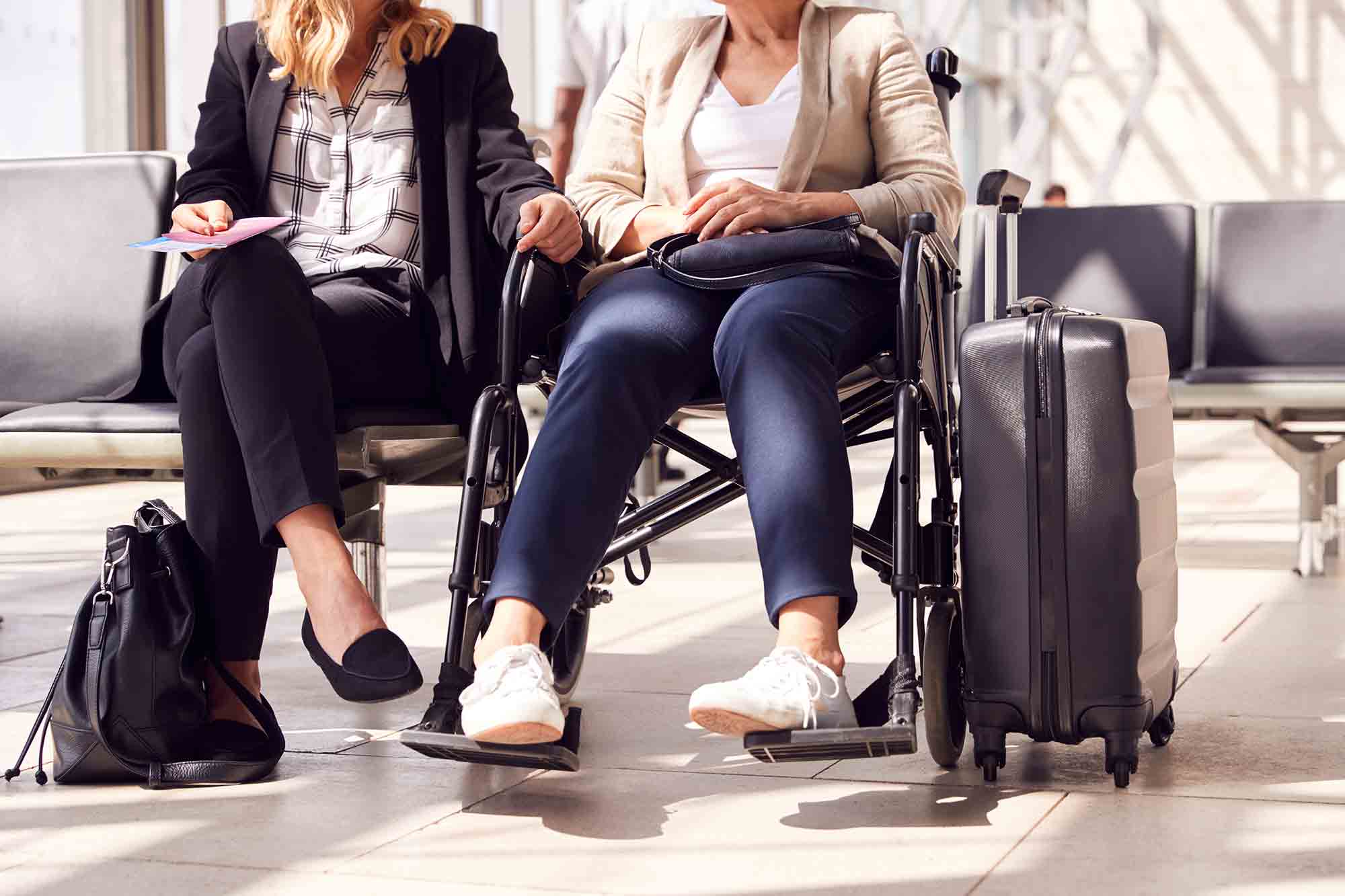Some attendees may need to bring another person with them to your events to help them participate fully — do you have a policy for that?
Not long ago, as I was recuperating from rotator cuff surgery and exploring the expected — and totally out-of-the-blue — challenges of going to meetings while living with a temporary disability, I got to thinking about people whose disabilities cause them the same sorts of issues on a more permanent basis. For example, early on I needed help with basic activities of daily living (ADLs) like getting dressed. I could ask family members to step in, but if this was a more permanent challenge, I likely would need to have a professional personal care assistant on hand to help, especially when I traveled.
So, what happens if you have an attendee or speaker or other participant who needs to bring a personal care assistant, or PCA, on site? Do you charge for the PCA to attend? If so, do they have to pay full freight, or do you offer a reduced rate? I snooped around the internet to see what I could find out, and it appears that many groups do explicitly ask if the registrant plans to be accompanied by a PCA on site, while others appear to expect it would fall under the “other” accommodations category. Some I found did not charge extra for the PCA to attend, others did ask for a fee, though generally not the cost of the full registration price tag.
Wanting to learn more about how it works, I reached out to someone I thought probably has some experience in this area: Lisa Tucker, events coordinator with the Great Plains Americans with Disabilities Act Center. Among other events, Lisa organizes the National ADA Symposium, which this year will be held in May in Kansas City, Mo. Sure enough, she has had a lot of experience working with attendees and speakers who need to be accompanied by a PCA over her 24 years with the Center.
Ask Up Front
She said that her registration form asks for a full range of accommodations attendees may need. For example, it asks if they need any alternative communication accommodations, such as a sign language interpreter or CART real-time captioning, as well as if they need to have materials in an alternate format, such as large print or Braille. It also asks if they will have a service animal, and if they use a power or manual wheelchair, along with special dietary restrictions.
There’s also a box to check off if they will be bringing a personal care assistant, which will add an additional charge to the registration fee. While the $150 fee doesn’t recoup all the costs of the five meals the PCA will be provided during the course of the symposium, it does help to defray it a bit, she says. Early-bird registration is $750, going up to $900 closer into the event. PCAs also get their own name badge — they wouldn’t be allowed to attend without one — that includes the PCA’s name, and that he or she is serving as PCA to [attendee’s name]. “This prevents any confusion about their being able to attend, and also makes it clear that they belong at the Symposium too,” she says.
Attendees are responsible for handling their own hotel arrangements when it comes to PCAs — if the person acting as the assistant is the attendee’s spouse, that’s one thing, but if it’s a stranger hired to travel to the event with the attendee, they may prefer a connecting room or just an adjoining room so each can have privacy and still allow the PCA easy access to the attendee’s room as needed. Lisa says PCA housing is covered in the speaker contract her organization uses.
And who pays for the PCA to attend? While employers generally do not pay for PCAs that help with non-work-related daily activities, they are on the hook to pay for PCAs needed when the employee travels, much the way an employer usually doesn’t pay for food and beverage except when the employee is traveling.
How do you handle it when attendees say they need to bring a PCA with them?



